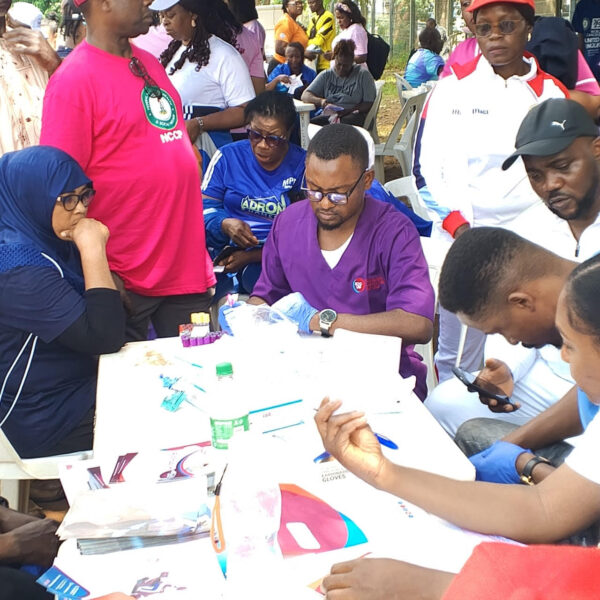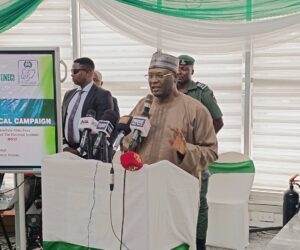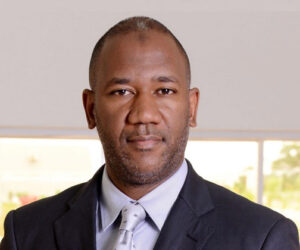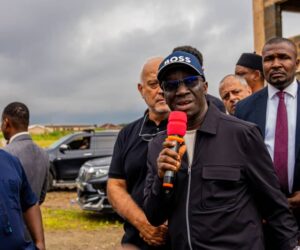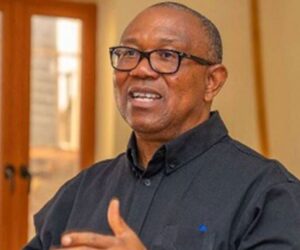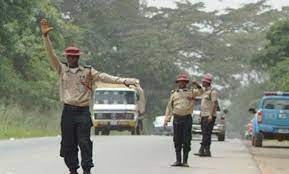From Fred Ezeh, Abuja
The Federal Government has offered an opportunity to its workers across the Ministries, Departments, and Agencies (MDAs) to carry out cancer diagnosis and care for the purposes of early detection and care, targeting 1000 workers in the first phase of the intervention.
The government said the intervention will be routed through the Federal Ministry of Health and Social Welfare, taking advantage of its state-of-the-art health care equipment located at the Federal Medical Centre (FMC), Abuja.
Permanent Secretary, Federal Ministry of Health and Social Welfare, Daju Kachollom, stated this at the October edition of monthly exercise organised by the Federation of Public Service Games (FEPSGA) in collaboration with the Office of the Head of Service of the Federation which was also used as a platform for cancer awareness in line with the cancer awareness week/month.
She noted that the month of October was designated by the United Nations for all member-nations to create awareness and implement activities to address breast cancer, which is the commonest cancer globally and in Nigeria.
“We decided to leverage on the activities of the month to create awareness for all other cancers and other non-communicable diseases which are also among the top killer diseases in the society. The rising incidence of cancer globally has taken a worrisome dimension and requires a united and pragmatic approach to stem its tide.
In Nigeria, the current incidence is over 127,000 new cases, with breast cancer accounting for over 24 per cent of the cases. Unfortunately, it does not have social, ethnic, religious, sex, age or any form of barriers.
We have also seen a lot of civil servants affected directly or indirectly with members of their immediate families affected, thereby causing significant loss to man hours, productivity, and catastrophic expenditures. I recently lost a hard-working staff of the Ministry to breast cancer, and some others still battled the monster.
Therefore, there is a significant number of public servants like the rest of the Nigerian populace who are struggling to cope up with the challenges of cancer treatment across various MDAs. Information shows that developed countries have a higher incidence of cancers than low-mid-income countries, including Nigeria. However, deaths due to cancers are higher in low-mid income countries than developed countries. The reason for the disparity is simple, screening and early detection.
The developed world has deployed screening and early detection approach in their health systems which makes it easy for the cancers to be detected early for prompt initiation of treatment which gives very good outcome, in our case, over 80 per cent of cancer cases are diagnosed at advanced stages when treatment outcome is usually abysmal.
It was in recognition of this fact that the National Coordinator of the National Cancer Control Programme (NCCP) of the Ministry was directed to initiate efforts to collaborate with other agencies of the Ministry and stakeholders to implement prevention strategies to reduce the ugly incidence of cancers in Nigeria, reduce the number of cases diagnosed at late stages and improve treatment outcomes. This public cancer awareness and free screening is in line with our belief that early detection saves lives.
This event is not just one off. It is just the beginning of our aggressive campaign for cancer prevention and early detection in Nigeria. As the Chairman of the Technical session of the National Council on Health (NCH), I will be leading the conversation for the State governments to set up State Cancer Control Programmes (SCCP) at the forthcoming NCH to ensure establishment of routine cancer screening programmes at the subnational levels. This will enhance cancer prevention and control in every part of the country.”
Head of Civil Service of the Federation, Mrs Didi Esther Walson-Jack, who was represented by Permanent Secretary, Service Welfare Office, Mrs Patience Nwakuso Oyekunle, said, “When I approved that our monthly jogging be merged into this Sports Fiesta Against Cancer, it was because I believe strongly that a healthy and active workforce is the backbone of a productive nation.
Without health, there is no service. Without health, there is no progress. The sad reality is that too many of our colleagues have been lost to cancer. And even more sadly, in most cases, the disease was discovered too late. This is why today matters. It is about awareness, prevention, and early detection. Because when cancer is found early, it can be treated, and lives can be saved.”
She commended the leadership of the Federal Ministry of Health and Social Welfare, especially the Permanent Secretary, Daju Kachollom, and the NCCP team, for bringing the initiative directly to the workforce. “And I deeply appreciate the partnership of FEPSGA, whose leadership and commitment have made this event possible.”
Medical experts present also underscored the importance of prevention and early detection; Dr Oyiza Oza, Head of the Oncology Department at the FMC Abuja, told public servants that cancer shares same risk factors with other non-communicable diseases such as hypertension and diabetes.
“Cancer is real. It is ravaging, and it is here with us. The cheapest and most effective response is prevention through lifestyle modification and regular screening. Early detection saves lives,” she said.
She also confirmed that the screening exercise will cover breast, cervical, prostate, and colorectal cancers, as well as general checks for body mass index, blood pressure, blood sugar, and hepatitis B and C, which are linked to liver cancer.

